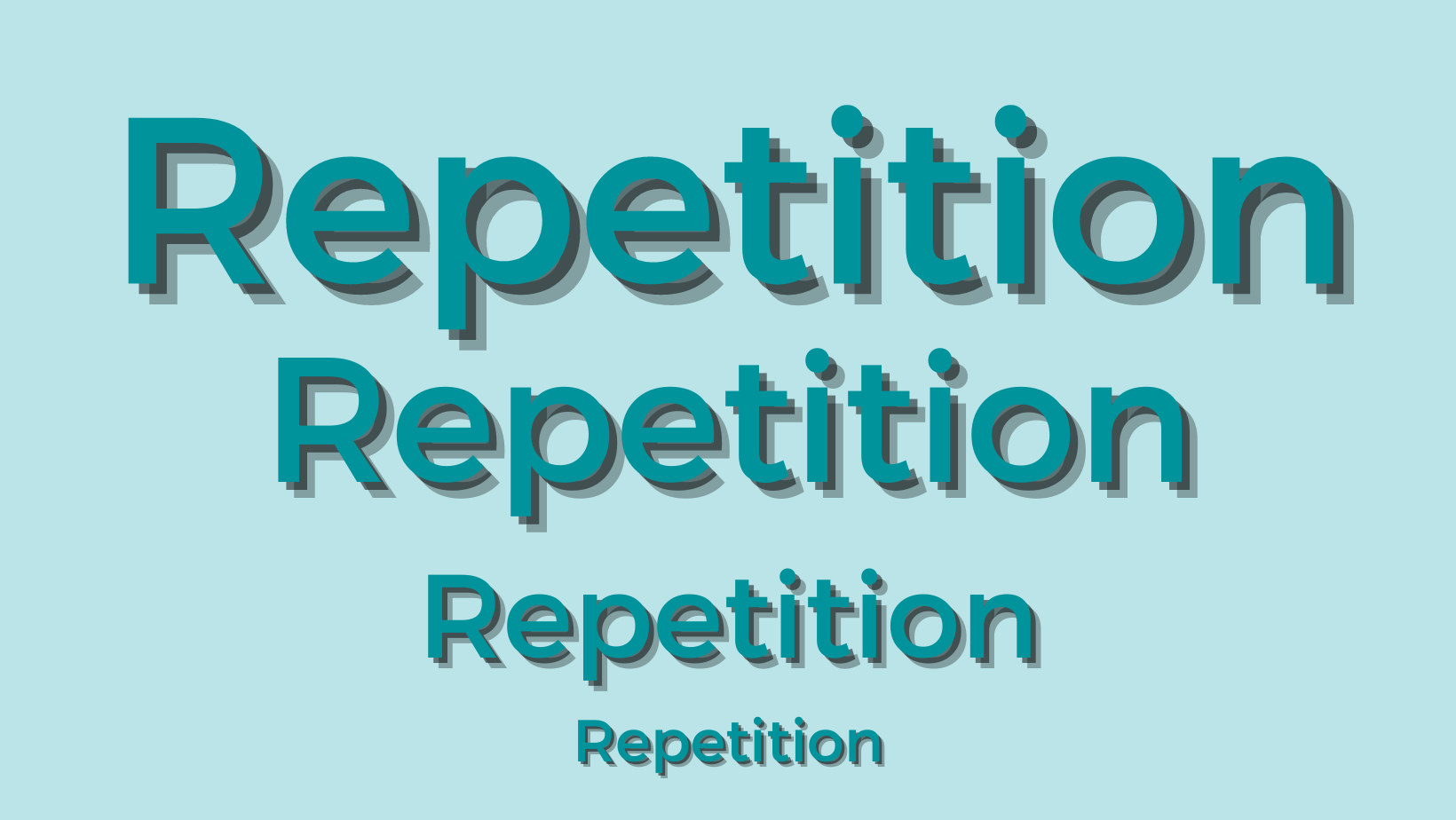The Adaptas 7-Steps to Learning: #5 REPETITION| Repeat, Repeat, Repeat!

Updated July 28th 2023
We are what we repeatedly do.
A common thing I hear from people I am working with is something along the lines of ‘I’m too old to change’ or ‘I’m too old to learn anything new’, or ‘The damage has been done, it’s too late for me’ or ‘ you can’t teach an old dog new tricks’!
In the 4th step of the 7 steps i.e. ‘Memory’, a few weeks ago, we learned that incoming data is held in short term, or working, memory and will be quickly lost if not consolidated. How well we encode a memory is critical to how effectively we will be able to recall it at a future point. And this my friends, is regardless of what age we are!
As Alfred Edward Perlman says; “Learning is what most adults will do for a living in the 21st century”.
Storage of information takes place in SEVERAL neurons at the same time. You have to give your neurons the chance to repetitively communicate with each other so that the learning sticks.
Recent functional magnetic resonance imaging (fMRI) studies show the important role of the neurotransmitter, dopamine, in the learning process.
Dopamine is the brain’s chemical reward and is triggered in response to positive feedback during the learning process. When we eat in response to hunger, feel the warmth of the sun, or receive a smile for an action taken, the brain releases a short dopamine burst to signal its pleasure and give us a quick reward for gaining it. This dopamine reward mechanism serves to reinforce the neural connections in the associated network, strengthening it with each repetition of the thought or behaviour that caused it. This is the biological process that embeds learning.
In other words, we have to repeat, repeat, repeat, because initial changes are only temporary. Stronger and faster connections between neurons form through repetition and the feedback about the outcome of the try, versus what the brain wants.
The challenge for us is to actually repeat, because sometimes we just didn’t grasp the learning the first time, and sometimes we just don’t think we can prioritise repeating new behaviours because other things take precedence i.e. just getting through all the things we need to do every day.
Ultimately, it comes back to how badly you want something. As per the first step ‘Imagine’, have you imagined what you want the outcome to be? Or if you are managing other people, have you assisted them in imagining what they desire the outcome to be; how it will benefit them; how things will be different? People will only repeat new behaviours if they can clearly see the personal gain or benefit.
One of the jobs of a manager, in my opinion, (for everyone’s gain), is to keep noticing, and to continuously support and coach to encourage repetition. I’m also a great believer in some type of buddy or peer system, where people are held accountable to doing what they need to do to make the learning stick, i.e. repeat, repeat, repeat.
One of my favorite sayings is “Amateurs practice until they know it, Professionals train until they OWN it!” Clinton Swaine.
You can teach an old dog new tricks…just follow the 7 Steps to Learning 😉
Back to Teams